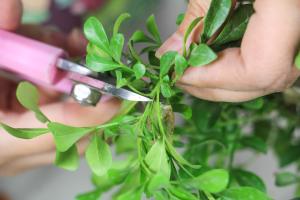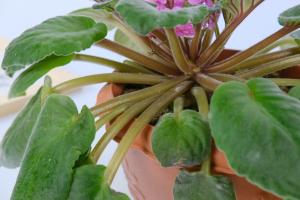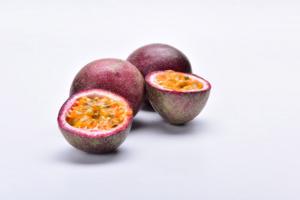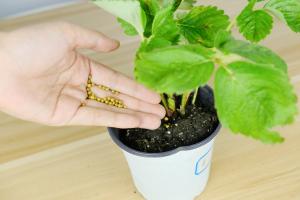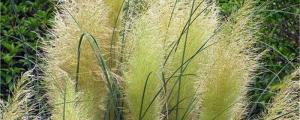Do Coffee Grounds Make Good Plant Fertilizer?
Coffee is undoubtedly one of the most popular beverages in the world, and billions of cups of it are drunk daily. Apart from its refreshing taste and caffeine content, coffee is a rich source of nutrients that can be used to fertilize plants. But do coffee grounds make good plant fertilizer? This article seeks to answer this question by delving into the chemical composition of coffee grounds and their potential benefits and drawbacks for plants.
The Chemical Composition of Coffee Grounds
Coffee grounds contain significant amounts of nitrogen, phosphorus, potassium, and other essential minerals, making them a valuable source of nutrients for plants. In addition to these macronutrients, coffee grounds also contain trace elements such as calcium, magnesium, and sulfur, which are needed in smaller amounts but are still crucial for plant growth.
However, coffee grounds are acidic, with a pH of about 6.5. While this acidity may be beneficial to some acid-loving plants such as blueberries, azaleas, and camellias, it may be detrimental to other plants that prefer a neutral or alkaline soil. Therefore, it is essential to be mindful of the acidity of the soil and the pH requirement of the plants you intend to fertilize with coffee grounds.
Potential Benefits of Using Coffee Grounds as Plant Fertilizer
Research has shown that coffee grounds can have several benefits for plants when used as fertilizer. Firstly, coffee grounds can improve soil structure and water retention, leading to healthier and more robust plant growth. Secondly, coffee grounds have been found to suppress fungal pathogens and nematodes, which can be harmful to plants.
Thirdly, coffee grounds have been shown to promote the growth of microorganisms in the soil, which in turn enhances nutrient uptake by plants. This is because microorganisms break down the organic matter in coffee grounds, releasing nitrogen and other minerals that plants need for growth. Fourthly, using coffee grounds as fertilizer is an eco-friendly way of recycling waste and reducing landfill waste.
Potential Drawbacks of Using Coffee Grounds as Plant Fertilizer
While coffee grounds can be beneficial to plants, they also have some potential drawbacks that need to be considered. Firstly, as mentioned earlier, coffee grounds are acidic and can lower the pH of the soil. This can be detrimental to plants that prefer a neutral or alkaline soil, potentially causing stunted growth or even death. Secondly, coffee grounds can attract pests such as slugs and snails, which can damage plants.
Thirdly, coffee grounds are slow to decompose and can take months to break down fully. So, if you plan to use coffee grounds as fertilizer for plants that need immediate nutrients, such as vegetables or annuals, it may not be the best option. Fourthly, using coffee grounds from cafes or restaurants that use flavored or decaf coffee may contain chemicals that are harmful to plants and should be avoided.
How to Use Coffee Grounds as Plant Fertilizer
If you decide to use coffee grounds as fertilizer for your plants, there are a few things you need to keep in mind. Firstly, use them in moderation, no more than 25% of your soil amendments. Secondly, mix the coffee grounds with other organic material such as compost or leaf mold to balance the nutrient content and avoid increasing the acidity of the soil.
Thirdly, apply coffee grounds as a top dressing and not directly into the soil to avoid attracting pests. Lastly, ensure that you only use coffee grounds from organic coffee, free of chemicals, flavors, or pesticide residues that may be harmful to plants or people.
In Conclusion
Overall, coffee grounds can make excellent plant fertilizer, but you need to be aware of their potential benefits and drawbacks before using them. They are a rich source of nutrients and organic matter that can enhance soil fertility and plant growth. Still, their acidity, slow decomposition, and potential to attract pests may not be ideal for all plants. With proper use and moderation, you can enjoy the benefits of coffee grounds as a sustainable and environmentally friendly way of fertilizing your plants.

 how many times do yo...
how many times do yo... how many planted tre...
how many planted tre... how many pine trees ...
how many pine trees ... how many pecan trees...
how many pecan trees... how many plants comp...
how many plants comp... how many plants can ...
how many plants can ... how many plants and ...
how many plants and ... how many pepper plan...
how many pepper plan...